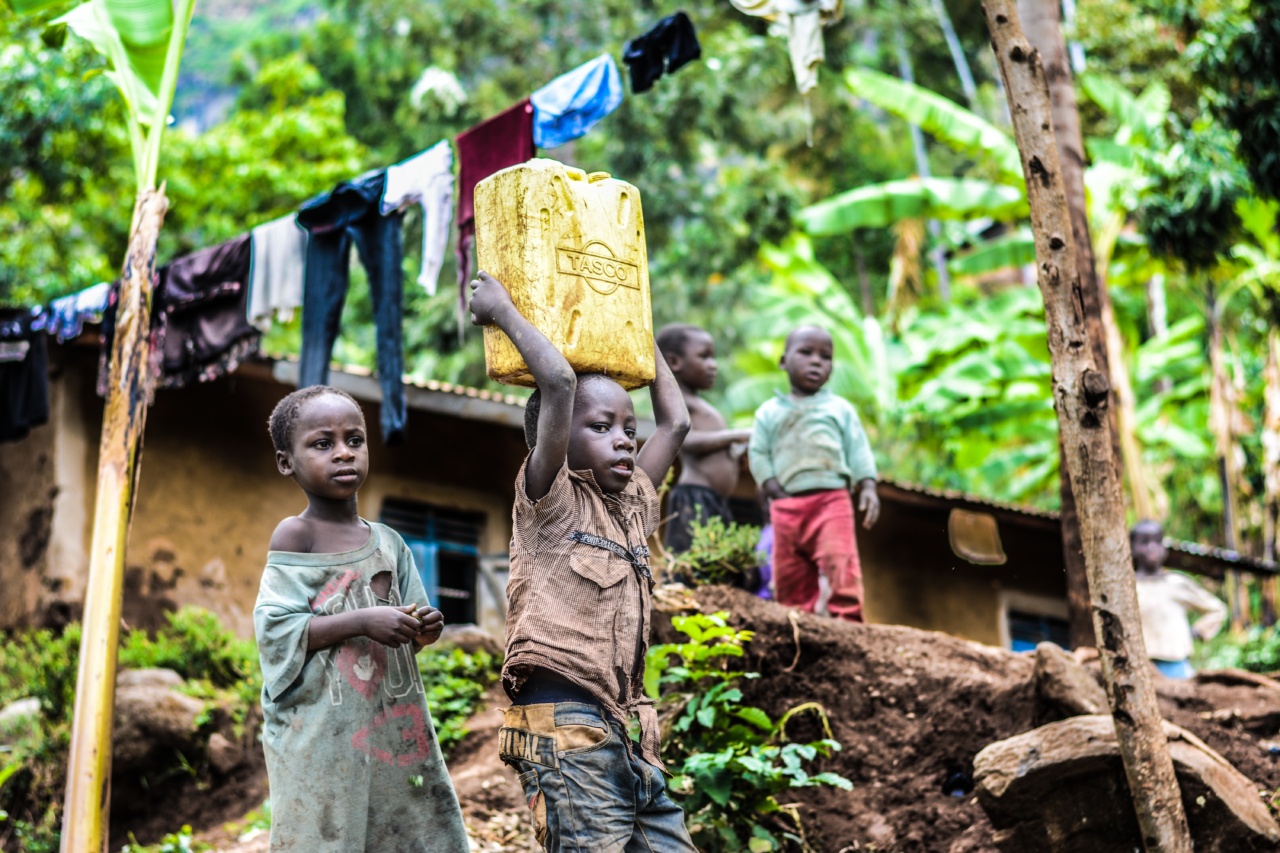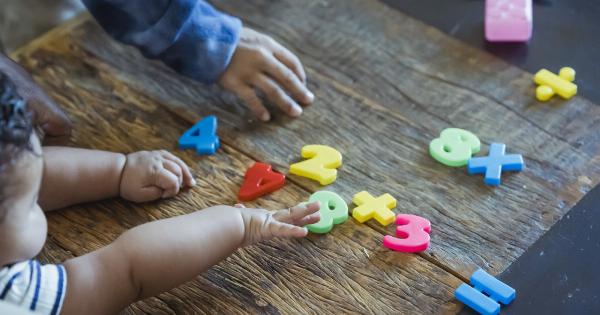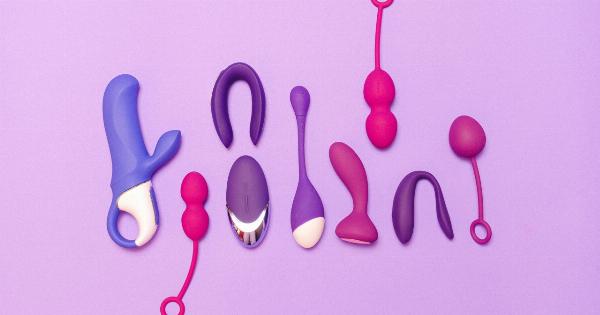Having a baby is a life-changing experience that brings joy and fulfillment to many families. After giving birth to your first child, you may be wondering when it would be safe to conceive again.
The timing of when you can get pregnant after childbirth varies for every woman.
The postpartum period
The postpartum period, also known as the fourth trimester, is the time after delivery when your body goes through various physical and emotional changes. It is a time of healing and adjustment for both the mother and the baby.
During this phase, your body undergoes significant transformations and needs time to recover before being ready for another pregnancy.
Considering your health and well-being
It is crucial to prioritize your health and well-being before planning to conceive again. Your body needs time to replenish its nutrient stores, heal any tears or surgical incisions, and restore hormonal balance.
Additionally, the demands of caring for a newborn can be physically and emotionally draining. It is generally recommended to wait at least 18 to 24 months after giving birth before attempting to conceive again.
The significance of spacing pregnancies
Spacing pregnancies is important for your overall health, as well as the health of your future baby.
The World Health Organization (WHO) recommends an interpregnancy interval of at least two years to reduce the risks of complications for both mother and child. Adequate spacing allows your body to properly recover from the previous pregnancy and reduces the likelihood of preterm birth, low birth weight, and other adverse outcomes.
Factors affecting fertility postpartum
Many factors influence your fertility after childbirth. Understanding these factors can help you make informed decisions when planning future pregnancies:.
1. Breastfeeding
If you are exclusively breastfeeding your first child, it can have a significant impact on your fertility. Breastfeeding stimulates the release of a hormone called prolactin, which suppresses ovulation.
This natural contraceptive effect is more pronounced when you breastfeed frequently, both day and night, without supplementing with formula or solids. In this case, you may experience a delay in the return of your menstrual cycle and, consequently, a delay in your ability to conceive.
2. Menstrual cycle
Your menstrual cycle plays a vital role in determining your fertility. Ovulation, the release of an egg from the ovary, marks the most fertile period of the menstrual cycle.
However, the return of regular menstruation after childbirth can be highly variable. Some women resume their cycles within a few weeks or months, while others may experience an extended period of amenorrhea (absence of periods). It is essential to establish a regular menstrual cycle before attempting to conceive again.
3. Uterine healing
After giving birth, the uterus undergoes a process called involution, where it gradually returns to its pre-pregnancy size. This process typically takes around six weeks.
However, if you had a cesarean section or experienced complications during childbirth, the healing time may be longer. It is crucial to give your uterus enough time to heal completely before getting pregnant again to reduce the risk of uterine rupture or other complications.
4. Emotional readiness
Aside from physical factors, emotional readiness is equally important when considering another pregnancy.
Having a newborn requires significant attention and care, and it is essential to ensure you have adjusted to the demands and challenges of motherhood before adding another child to the mix. Reflect on your emotional well-being and assess whether you are ready for the additional responsibilities and joys that come with parenting another baby.
Talk to your healthcare provider
If you are eager to conceive after delivering your first child, it is crucial to consult with your healthcare provider.
They can evaluate your individual circumstances, medical history, and any potential risks associated with a short interpregnancy interval. Your healthcare provider will provide tailored advice and guidelines based on your specific needs.
Methods of contraception
If you are not ready to conceive again or want to wait for a more optimal timing, it is essential to use reliable methods of contraception. Discuss contraception options with your healthcare provider to determine the most suitable method for you.
Condoms, birth control pills, intrauterine devices (IUDs), and contraceptive implants are common choices but remember that hormonal methods may interfere with breastfeeding and impact your fertility.
Conclusion
Deciding when to conceive after delivering your first child depends on various factors, including your physical well-being, desire for spacing pregnancies, method of feeding, and emotional readiness.
While it is generally recommended to wait at least 18 to 24 months between pregnancies for optimal health outcomes, every woman’s situation is unique. Consult with your healthcare provider to discuss your individual circumstances and make an informed decision that prioritizes your well-being and the health of future pregnancies.





























